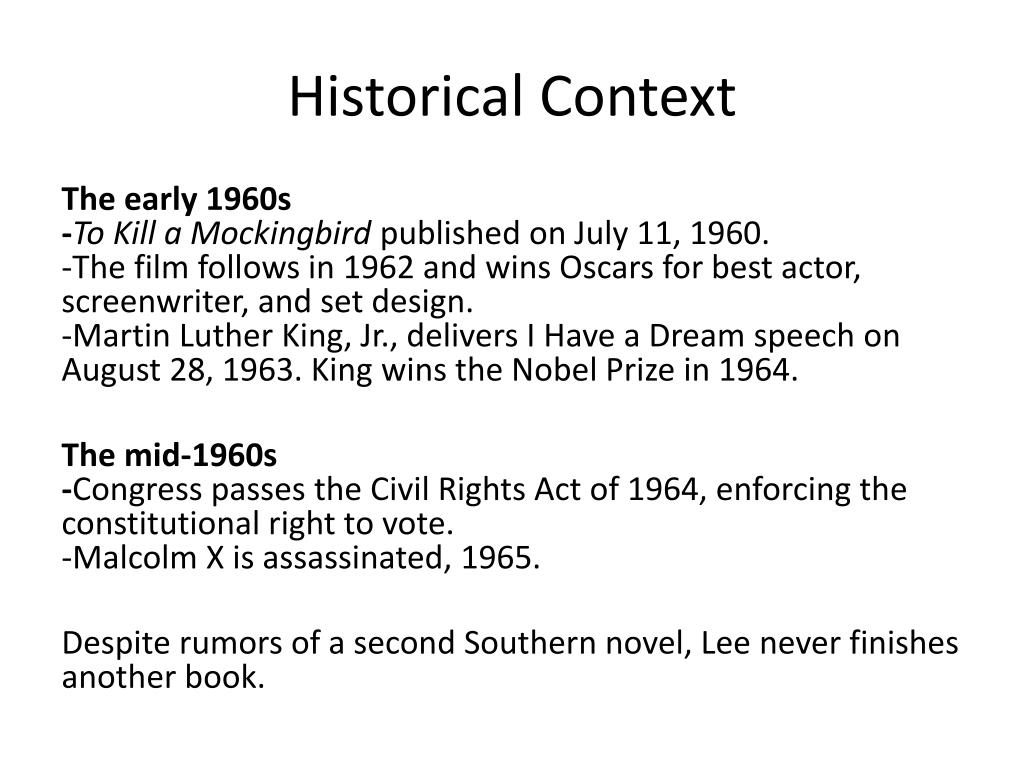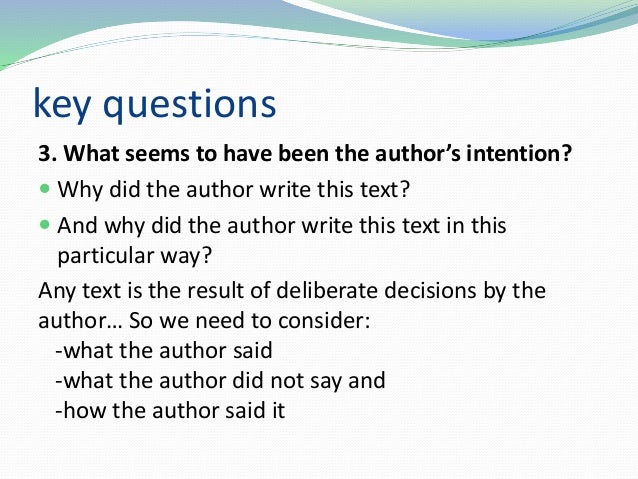


When analyzing your audience, consider these points. You will often write with a primary audience in mind, but there may be secondary and tertiary audiences to consider as well. Other times you will have to guess who is likely to read your writing – for example, if you are writing a newspaper editorial. Sometimes you know who will read your writing – for example, if you are writing an email to your boss. For example, you have a better idea if you will need to define or explain any terms, and you can make a more conscious effort not to say or do anything that would offend your audience.
CONTEXT WRITING EXAMPLES HOW TO
Being aware of your audience helps you make better decisions about what to say and how to say it. In order for your writing to be maximally effective, you have to think about the audience you’re writing for and adapt your writing approach to their needs, expectations, backgrounds, and interests.

Do I have any secondary or tertiary purposes? Do any of these purposes conflict with one another or with my primary purpose?.How can I best get my point across (e.g., tell a story, argue, cite other sources)?.Do my audience’s expectations affect my purpose? Should they?.What is my primary purpose for writing? How do I want my audience to think, feel, or respond after they read my writing?.If a teacher can’t identify the purpose in your text, they will likely assume you didn’t understand the assignment and, chances are, you won’t receive a good grade.Ĭonsider how the answers to the following questions may affect your writing:.You can’t deliver a message to an audience who quits reading. If readers can’t identify the purpose in a text, they usually quit reading.By clearly defining your purpose before you begin writing, it’s less likely you’ll be that author who leaves the audience wondering. If you’ve ever listened to a lecture or read an essay and wondered “so what” or “what is this person talking about,” then you know how frustrating it can be when an author’s purpose is not clear.When this happens, be sure to consider any conflict between purposes, and remember that you will usually focus on one main purpose as primary.īottom line: Thinking about your purpose before you begin to write can help you create a more effective piece of writing. There are, of course, many different reasons to write (e.g., to inform, to entertain, to persuade, to ask questions), and you may find that some writing has more than one purpose. If your purpose is not clear, your audience is not likely to receive your intended message. As the author, it’s up to you to make sure that purpose is clear not only for yourself, but also–especially–for your audience. Purpose will sometimes be given to you (by a teacher, for example), while other times, you will decide for yourself. PurposeĪny time you are preparing to write, you should first ask yourself, “Why am I writing?” All writing, no matter the type, has a purpose. Let’s examine each of the three in more detail. The three key factors–purpose, author, and audience–all work together to influence what the text itself says, and how it says it.


 0 kommentar(er)
0 kommentar(er)
